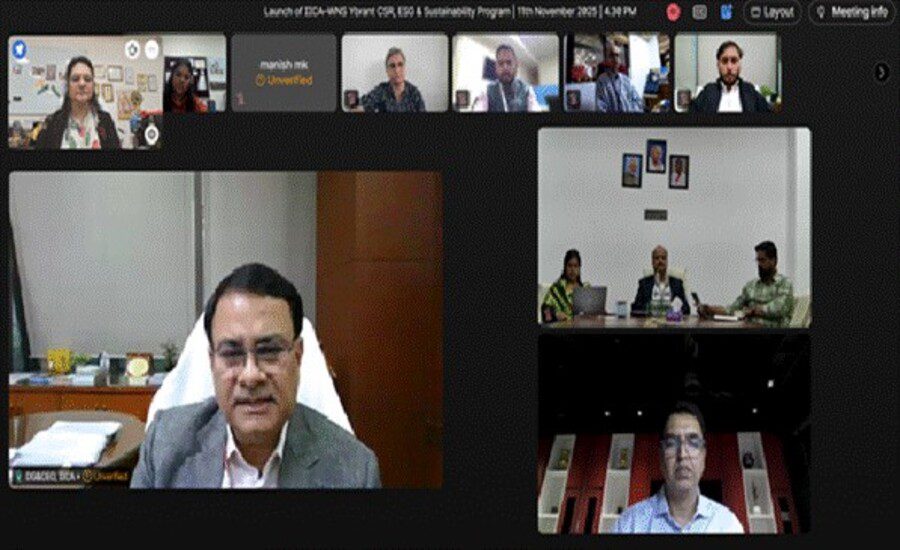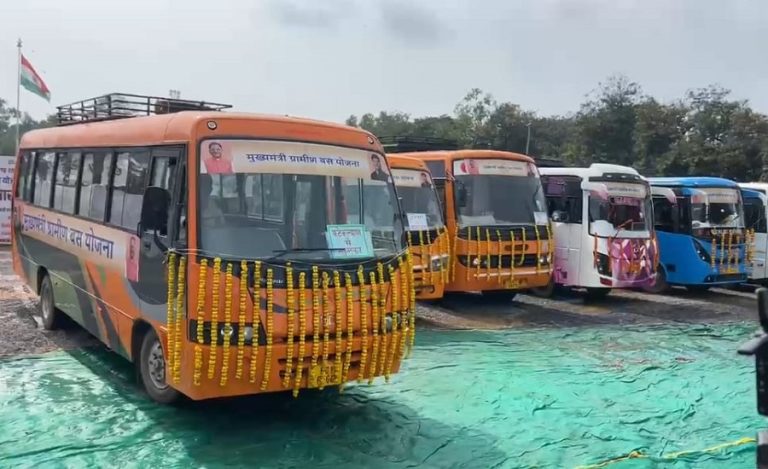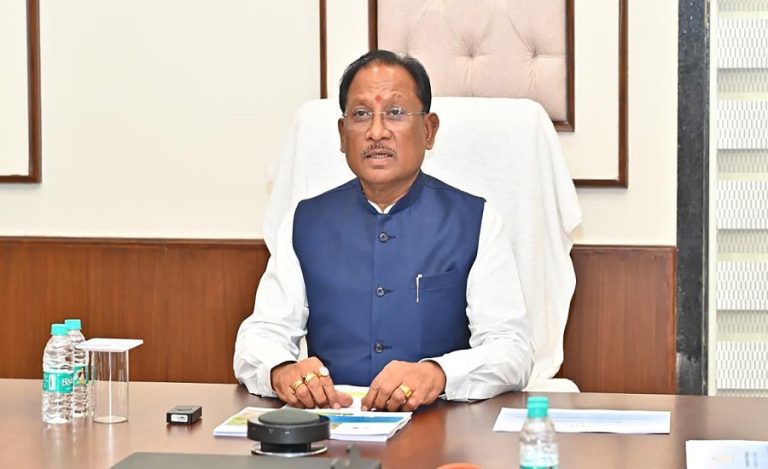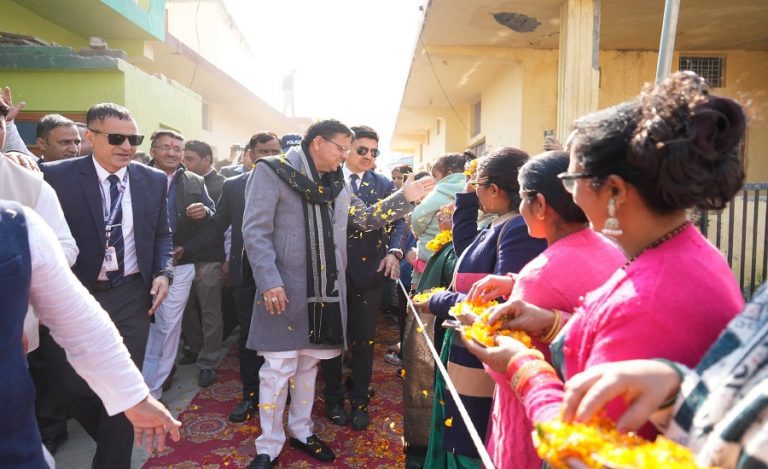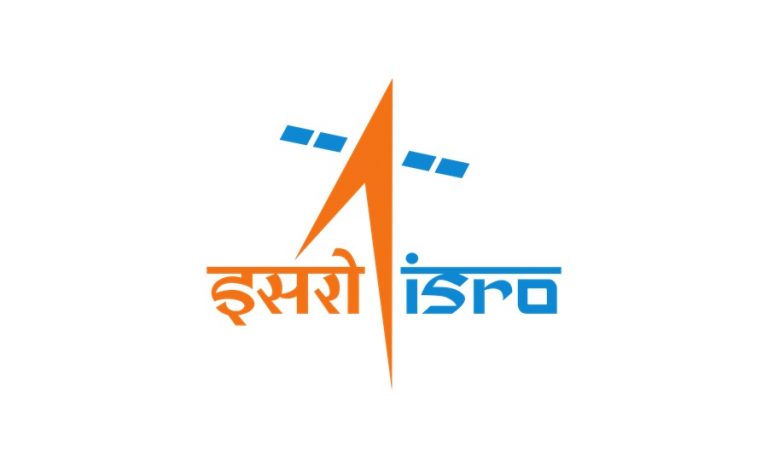New Delhi: In a forward-looking move, the Indian Institute of Corporate Affairs (IICA), under the Ministry of Corporate Affairs, teamed up with WNS Global Services to launch the YBRANT programme on 11 November 2025.
The six-month blended learning initiative aims to equip students with practical skills in Corporate Social Responsibility (CSR), Environmental-Social-Governance (ESG) and sustainability management — ensuring business performance is aligned with positive social impact.
Background of the India’s CSR Ecosystem
India’s CSR ecosystem has seen a significant shift. From CSR spending of ₹10,065.93 crores in FY 2014-15, the total jumped to ₹34,908.75 crores in FY 2023-24, signalling rapid growth in corporate responsibility commitment.
Over the past decade, more than ₹2.2 lakh crores have been invested by companies in CSR-linked initiatives, highlighting the need for trained professionals who understand the convergence of business strategy, governance and societal benefit.
Main Face Behind the YBRANT Programme
Shri Gyaneshwar Kumar Singh, Director General & CEO of IICA, emphasised that the YBRANT programme marks a strategic step to nurture future generations of socially-responsible, sustainability-driven leaders.
He noted that business cannot be viewed solely as profit-driven but must act as a force-multiplier for inclusive development.
Mr Gopal Agarwal, Head CSR at WNS Global Services, described the programme as a unique collaboration among government, corporate and academia.
He emphasised the need to “catch them young” so that future CEOs assimilate sustainable-development perspectives early on.
Importance of the YBRANT programme
Skill Building for Future Leaders: As businesses increasingly integrate ESG and sustainability into core strategy, there is a growing demand for professionals trained in these domains. The YBRANT programme makes this formal and accessible for students.
Bridging Education & Industry: By combining academic rigour with real-world case studies and fieldwork (18 hours of fieldwork alongside 22.5 hours of classroom modules) the programme helps prepare students for mission-critical, real-life challenges.
Promoting Responsible Business Culture: With India’s CSR spend rising sharply, next-gen business leaders need to internalise governance, ethics, sustainability and social accountability — not just profit making.
Expanding Access Nationwide: Hosted online via IICA’s learning management system, the programme is accessible across India and abroad, making sustainability education more democratic.
Challenges Ahead
Scaling Impact: While the first cohort involves 250+ students from five academic institutions like IIM Shillong, CHRIST University Bengaluru, Banasthali Vidyapeeth, Symbiosis Pune and St Aloysius Mangalore, scaling the model to cover thousands of students nationwide will be a test.
Ensuring Quality and Relevance: A blended-learning model is only as good as its industry linkages and fieldwork exposure. Ensuring consistent quality and practical relevance will be key.
Corporate-Academia Alignment: Aligning the rapidly evolving ESG/sustainability practices in corporate India with academic curricula remains challenging — expertise, resources and up-to-date content matter.
Measuring Outcomes: While CSR spending figures are rising, measuring actual social impact and leadership development outcomes remains difficult. The programme must define metrics for success.
Implications of YBRANT programme
For Students & Academia: The initiative opens a new learning and career pathway in CSR/ESG leadership. Academic institutions may increasingly incorporate such programmes in their offerings.
For Corporates & Governance: By building a pipeline of sustainability-aware talent, companies may find better alignment of business strategy with social and environmental goals — strengthening overall governance and stakeholder trust.
For Policy & National Agenda: With corporate responsibilities expanding under regulatory and investor pressure, such programmes contribute to the national agenda of sustainable development and inclusive growth, especially under India’s commitment to meet global ESG benchmarks.
For India’s Global Standing: As India positions itself as a responsible economy, training modules like YBRANT help polish the country’s image as a knowledge-hub for sustainability leadership.
Way Forward
Wider Roll-Out: The next step would be to expand the programme to more institutions (including tier-2 and tier-3 colleges) and open up seats nationally.
Modular Diversification: Future iterations may include advanced modules on carbon accounting, circular economy, climate finance, gender-inclusive business and social innovation.
Industry Partnerships: Engage more corporates to deliver live projects, internships and mentorship so students gain hands-on experience beyond theory.
Monitoring & Certification: Solidify the digital credential system (QR-code enabled, Digi-locker shareable) and introduce tracking of alumni outcomes and corporate placements. The current model already includes a digital certificate verifiable via QR code.
Impact Assessment: Launch periodic review metrics — both qualitative and quantitative — to study leadership outcomes, societal impact of trained professionals and long-term career paths.
Policy Support: Encourage policy frameworks that recognise certified sustainability leaders and create incentive mechanisms for firms that hire from the YBRANT pipeline.
Read Also: NPCIL’s NAPS Sets Benchmark in Corporate Social Responsibility with Social Impact Award 2025

